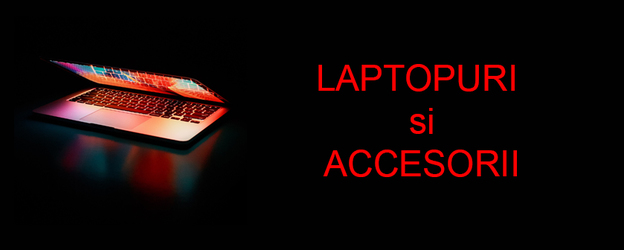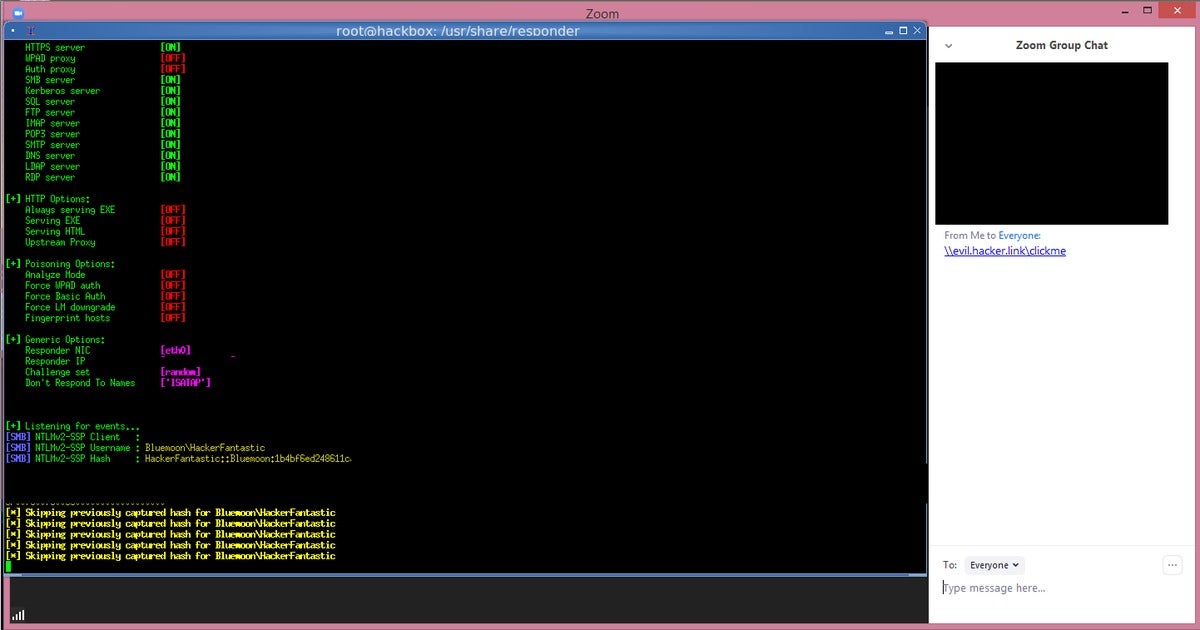 »
Stiri
»
Zoom issues lets hackers steal Windows credentials
»
Stiri
»
Zoom issues lets hackers steal Windows credentials
|
« Inapoi la pagina anterioara |
Zoom issues lets hackers steal Windows credentials
A hacker could use an attack called a UNC path injection to expose credentials, according to an attack posted on Twitter and subsequently followed up with an additional video. According to The Hacker News, that's because Windows exposes a user's login name and password to a remote server when attempting to connect to it and download a file.
All an attacker needs to do is to send a link to another user and convince them to click it, for the attack to commence. Though the Windows password is still encrypted, the hack claims it can be easily decrypted by third-party tools if the password is a weak one.
As Zoom gains in popularity, it's caught the eye of the security community, which is more closely examining the videoconferencing software for weaknesses. Last year, a flaw surfaced that potentially would allow remote users to join a Mac user to a call, then turn their camera on without permission. That flaw was patched. Zoom hasn't, however, announced a fix for the current bug.
The Hacker News recommends either using the Windows security policy settings to turn off the automatic transmission of NTML credentials to a remote server, or else just use the Zoom client for the Web.






